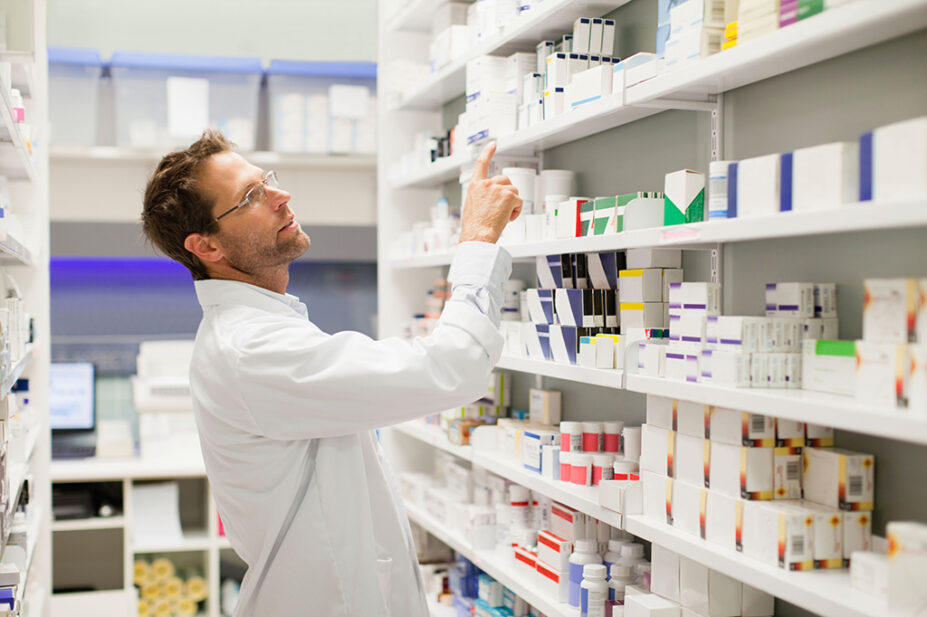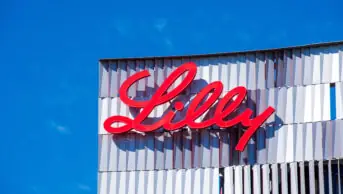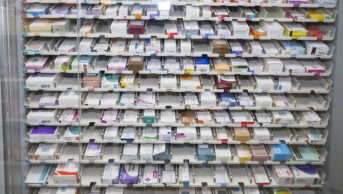
Image Source / Alamy Stock Photo
The NHS will have saved £7bn on medicines by the end of 2023, owing to the ‘Voluntary pricing and access scheme’ (VPAS), the government has said, in advance of negotiations for a replacement scheme.
The VPAS was agreed in 2019 to ensure the NHS medicines bill does not grow by more than 2% in any one year, by requiring manufacturers of branded medicines to pay the government a proportion of their net income from sales of branded medicines to the NHS.
In December 2022, the UK government announced that this proportion would increase by 11 percentage points, from 15% in 2022 to 26.5% in 2023, prompting two major drugs manufacturers, AbbVie and Eli Lilly, to leave the scheme.
In a statement on 24 April 2023, the Department of Health and Social Care said that over the five-year agreement, “the NHS will save £7bn by the end of 2023”.
“Thanks to the scheme, thousands of NHS patients have benefitted from dozens of new treatments for conditions ranging from the most common cancers, to cutting edge gene therapy for ultra-rare disorders,” the statement says.
“Industry data shows there are 5 treatments available in England for every 4 in Europe, as well as almost a third more cancer drugs,” it adds.
However, the Association of the British Pharmaceutical Industry (ABPI), which represents branded medicine manufacturers, has warned that the increasing tax rate risks ‘slicing off’ access to new medicines for UK patients.
And, in March 2023, Jessamy Baird, chief executive of Sanofi UK, told The Pharmaceutical Journal that the company could stop holding clinical trials in the UK because of the rising VPAS rate, saying it is “not ethical to do [trials], if you don’t think you can get reimbursement in that country”.
Members of the British Generic Manufacturers Association (BGMA) have also warned that they would cut back on medicine supplies to the UK if tax rates continued to increase.
A spokesperson for the BGMA said the VPAS rate “is an additional burden on revenues which are already constrained by competition, which typically reduces prices by up to 80%”.
“In effect, they are being hit by a double whammy of cost constraints and, for manufacturers who are already operating on typically high volume and very low margin products, this is simply unsustainable,” they said.
“The result is that manufacturers are having to take the difficult decision to withdraw existing products or cancel future potential UK launches. This significantly reduces competition and therefore the NHS ultimately ends up paying more for medicines, as well as having to contend with a less resilient supply chain and an increase in shortages.
“The BGMA commissioned an independent study by the London School of Economics and the Office of Health Economics, which showed that the impact of a high VPAS rate of around 25% could cost the NHS many billions of pounds in lost savings in the next few years and far outweighs the benefits of any revenue generated by the scheme.”
The current VPAS scheme is due to end on 31 December 2023, with negotiations between the ABPI and government for a replacement scheme due to start “in the spring”, according to the government.
In the government statement, health minister Will Quince said VPAS “is vitally important as it keeps the branded medicine bill affordable for the NHS, and ensures the UK life sciences industry can earn the money it needs to fund research and development into new and improved medicine”.
Also in the statement, Rob Kettell, director for commercial medicines negotiation at NHS England, said: “The NHS has a track record of using its commercial capabilities to secure world-leading access to life-changing new treatments for patients at the best value for the taxpayer, with recent industry data placing the UK in the top three fastest G20 countries to roll out new medicines.
“This scheme has had a major impact for thousands of patients and their families, and ahead of negotiations for a new branded medicines agreement, the NHS is committed to working with government and industry to ensure that patients’ needs are at the forefront of these discussions.”
On 21 April 2023, the BGMA announced plans to take the government to court over its decision to grant the membership body ‘observer’ status in the VPAS negotiations instead of being granted “full participation”.


